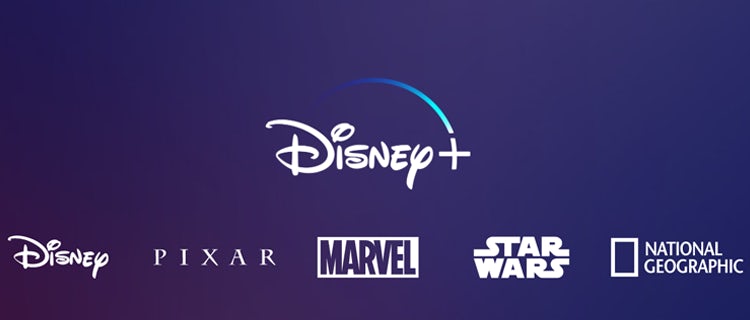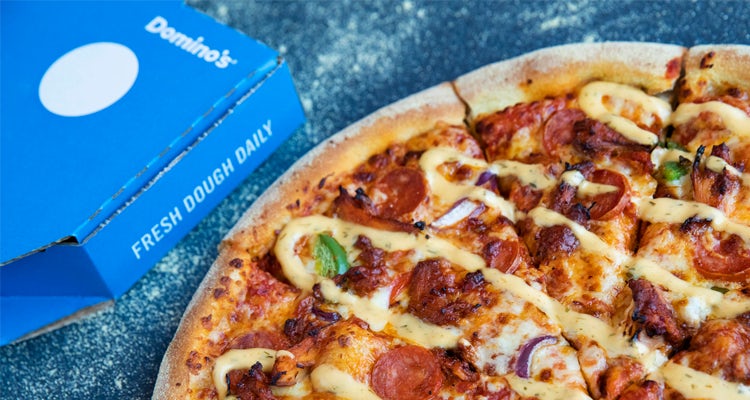Kraft Heinz, Betfair, Disney: 5 things that mattered this week and why
Catch up on all this week’s marketing news, including the in-housing performance gap, Kraft Heinz’s cut backs and Betfair’s digital focus.
Marketers in-house resources despite performance gap
To in-house, or not to in-house? It’s a common conundrum. But new research reveals the majority of marketers plan to continue in-housing resources despite falling short of companies’ expectations.
As marketers look to save on costs and gain control, many are giving agencies the cold shoulder.
But research from the Data and Marketing Association (DMA) illustrates that across all measures, in-housing is not delivering the desired results.
There’s a four percentage point gap between marketers’ expectations and achievements on cost saving, a seven percentage point gap for brand consistency, a nine percentage point gap for improved decision making and a two percentage point gap for control.
The data is pretty telling, yet just 9% of those that have tried in-housing say will not continue with it in future.
Marketers have highlighted some concerns about in-housing (like being trapped in an echo-chamber with no outside perspective to innovate) but are still reluctant to source expertise from outside.
The research confirms that if companies don’t close the performance gap soon, it’s going to get harder to prove the benefits of having everything existing inside their office walls. EL
READ MORE: In-housing is not living up to marketers’ expectations
Kraft Heinz to cut back on agency fees
Kraft Heinz might be a little late to the party, but it is finally joining the chorus of FMCG companies bemoaning the money they “waste” on marketing “costs” such as agency fees and production.
The company’s marketing investment is up, says new CEO Miguel Patricio, but spend on media is down. He wants to change that so Kraft Heinz is investing in “the things consumers see”.
Another huge brand looking to cut costs is not the news the agency world needs. The big holding groups are already struggling for growth as their biggest clients looks for more efficient ways to spend their budgets. They have all been streamlining agency relationships, bringing more activity in-house and looking for ways to make creative work harder, none of which is good news for agencies’ bottom line.
As Kraft Heinz struggles to turn around a performance that Patricio called “unacceptable”, expect a much closer eye on how it invests.
Kraft Heinz needs to invest in its brands through marketing, innovation and product development. But the business will no doubt be taking lessons from P&G, which just had its best financial year in more than a decade despite cutting ad spend by $350m. SV
READ MORE: Kraft Heinz – We have invested too much in marketing costs that consumers can’t see
Betfair welcomes ad ban as it shifts focus from TV to digital
Betfair believes the whistle-to-whistle gambling ad ban for the 2019/2020 football season is an opportunity for “progressive” bookies to move on from their reliance on TV advertising.
The betting brand has already shifted spend away from live sport to digital and designed its latest campaign with a “digital lens”.
The new creative takes Betfair back to its roots by putting its peer-to-peer betting exchange front-and-centre. The idea is to “demystify” the process of peer-to-peer betting and talk up the advantages of using an exchange where punters set the odds, rather than a faceless corporate bookmaker.
Betfair is hoping to build on the ‘guts meets smarts’ messaging of its 2018 campaign, which was an attempt to elevate the brand in a crowded market. This is a smart move given its rivals are upping their game in a bid to stand out.
Stablemate Paddy Power has recently ramped up its investment in content with the release of a 48-page Premier League preview and launch of its own weekly football show, as it looks to position itself as the football fan’s champion through the ‘Save Our Shirt’ campaign.
William Hill, on the other hand, has gone live with a highly stylised black and white ad featuring its brand ambassador, the boxer Anthony Joshua.
Brand director Stephen Mault is aware that as category gambling brands have failed to deliver “the most engaging and emotional advertising” over the years, opting instead for odds focused, direct response ads.
With the ad ban now in place and a highly competitive market teaming with numerous rivals, betting brands will have to think carefully about how they increase their brand affinity beyond just the odds. CR
READ MORE: Betfair shifts focus from TV to digital as gambling ad ban takes effect
Disney preps marketing blitz to take on Netflix
 The latest figures on TV viewing from Ofcom show the UK has become “a nation of streamers”. Some 47% of UK households are now signed up to a streaming platform, while the total number of UK streaming subscriptions has increased to 19.1 million (many have more than one).
The latest figures on TV viewing from Ofcom show the UK has become “a nation of streamers”. Some 47% of UK households are now signed up to a streaming platform, while the total number of UK streaming subscriptions has increased to 19.1 million (many have more than one).
Given this rising popularity, it is no surprise that major content producers such as Disney, ITV and AT&T are looking to cash in. Disney’s offering, Disney+, is set to launch in the fourth quarter and its CEO Bob Iger says the company is treating is as “the most important product the company has launched” since he took over in 2003.
There’s no doubting the draw of some of Disney’s brands. Marvel, Star Wars and Pixar, as well as Disney’s back catalogue, is a huge stable of films and TV shows to pull from. And the fact is has removed this content from rivals will help attract subscribers.
But as the streaming market splinters, consumers will face a choice in who to subscribe to. It has been easy for Netflix and Amazon Prime Video up to now as they’ve basically been the only options. Two streaming subscriptions is affordable for many households, more is not.
Disney, with its marketing firepower and hugely popular content, should be able to pull subscribers in. The challenge will be in having enough content, and updating it regularly enough, to keep them. SV
READ MORE: Disney preps marketing blitz as it takes on Netflix in streaming
Domino’s ups importance of marketing with CMO hire
 Domino’s has hired its first CMO, bringing former McDonald’s marketer Emily Somers in to take on the expanded role
Domino’s has hired its first CMO, bringing former McDonald’s marketer Emily Somers in to take on the expanded role
Somers, who starts next week, will have responsibility for sales, marketing, product development and innovation. She brings with her a wealth of experience, having worked at McDonald’s through an upheaval in its customer experience that included the launch of a delivery service, digital ordering and table service.
There is certainly a branding job to do at Domino’s. According to YouGov BrandIndex, overall consumer perceptions of the brand are below its main rival Pizza Hut, as well as high street chains such as Zizzi and Pizza Express. Revenues are rising, but profits have taken a hit and the company is now embarking on a search for a new CEO after David Wild announced he would stand down following a row with franchisees.
Somers will need to boost perceptions of the brand while also getting franchisees back on board and boosting its customer experience. Luckily, she should have the authority to get on with the job, as long as the new CEO agrees on the importance of having a CMO. SV
READ MORE: Domino’s hires former McDonald’s marketer as first CMO







